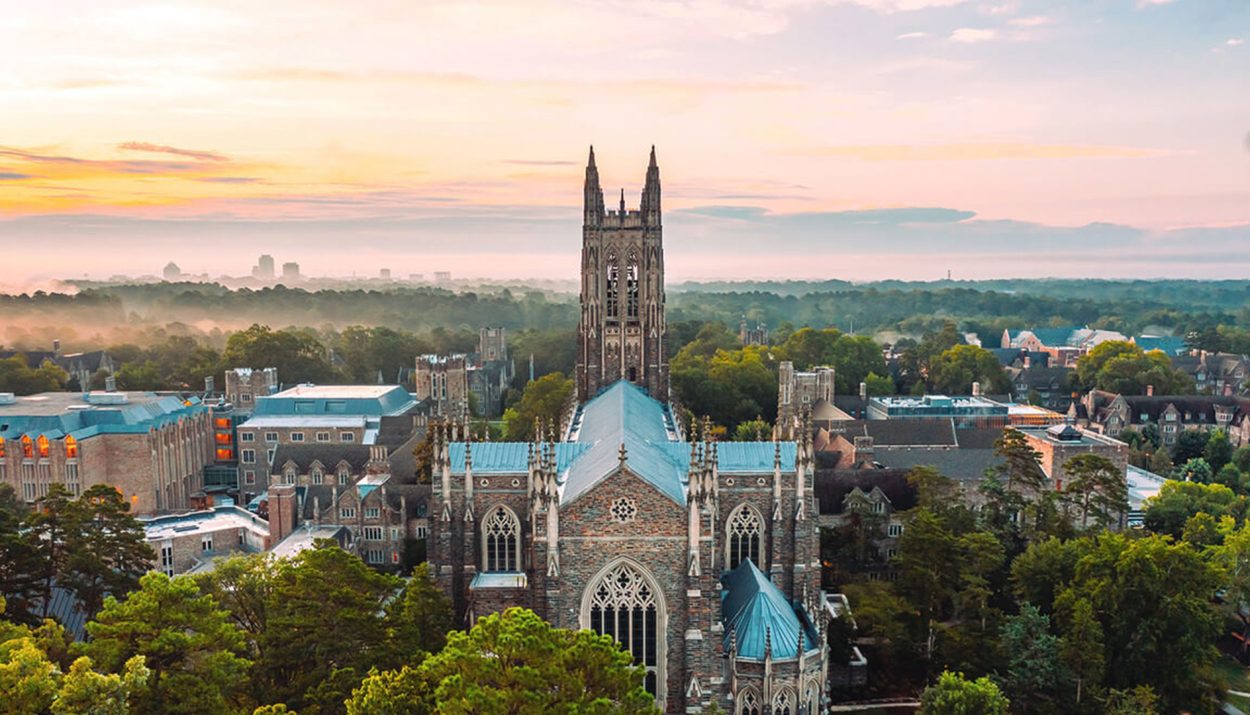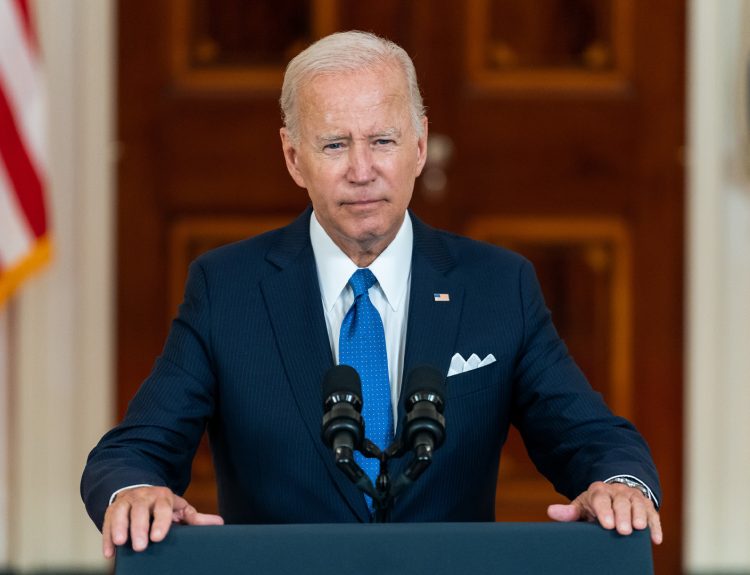Duke University has officially pulled the plug on its Reginaldo Howard Memorial Scholarship Program, which for over four decades served as a pipeline providing full financial support to Black students accepted to the prestigious North Carolina institute.
While disheartening to current scholarship recipients, the decision was somewhat expected after the Supreme Court ruled against affirmative action in college admissions earlier this year.
According to The Chronicle, Duke’s student newspaper, administrators have partnered with the school’s Mary Lou Williams Center for Black Culture to launch a new scholarship initiative open to all races without a competitive application process.
Who Was Reginaldo Howard
Reginaldo “Reggie” Howard was the first African American President of the Associated Students of Duke University, Duke’s primary undergraduate student government organization. He was a sophomore political science major when he tragically passed away in a car accident while returning to campus from his home in Columbia, South Carolina.
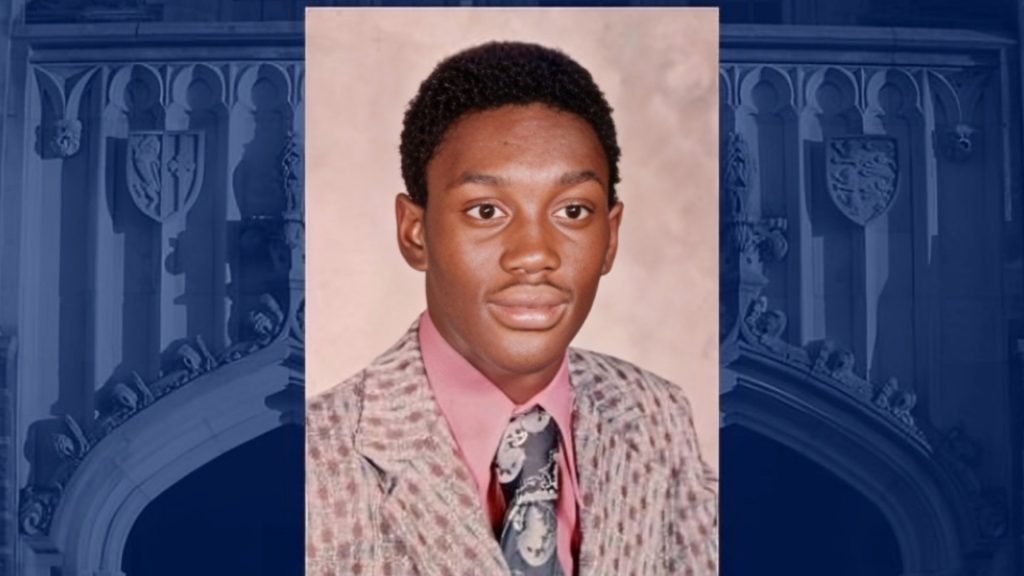
Reggie was known for his high academic standards, integrity, compassion for others, and good humor – qualities that deeply impressed those who knew him. In his memory, the Reginaldo Howard Memorial Scholarship Program was founded in 1979.
Scholarship Origin and Impact
Since its launch in 1979, the Reginaldo Howard Memorial Scholarship Program has provided crucial financial assistance to talented Black students in need at Duke University.
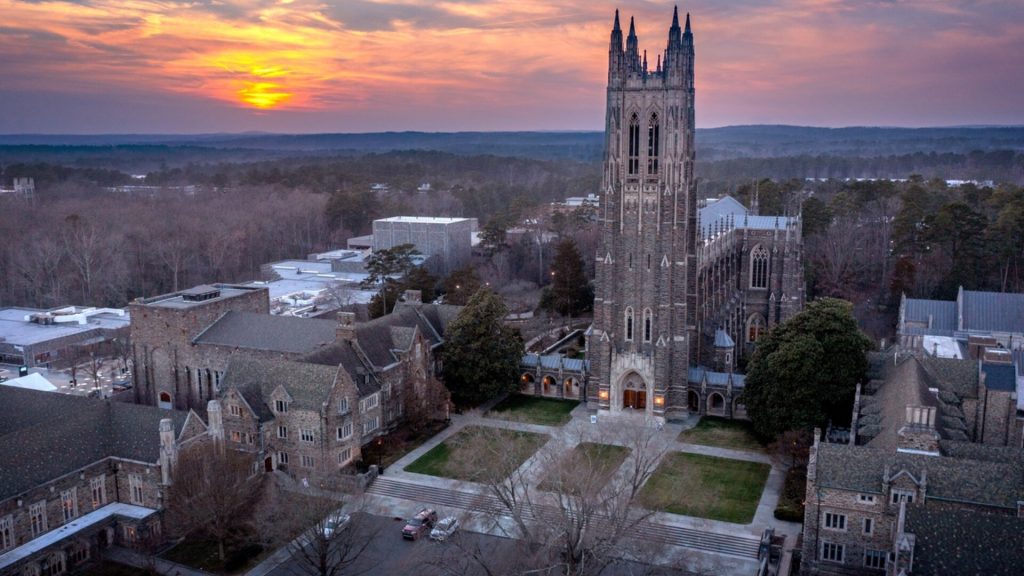
Named in honor of Duke’s first Black student government president, Reggie Howard, the merit-based scholarship covered tuition and room and board for 15 to 20 selected students annually.
Abrupt End and Transition
In April 2023, Duke announced the scholarship would be discontinued in response to the Supreme Court’s ruling ending affirmative action in college admissions.
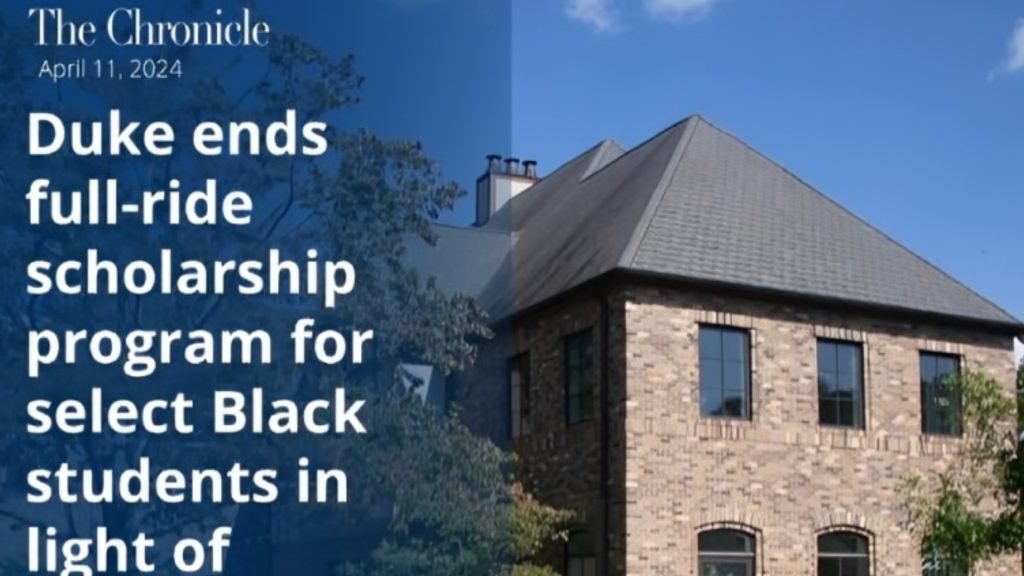
While the university aims to honor Howard’s legacy through a new leadership program open to all students, the decision felt abrupt and disempowering for current Reggie Scholars.
An Uncertain Future For Students Dependent on The Scholarship
The elimination of Duke’s Reggie Scholars program reflects a wider trend of universities scrapping diversity initiatives in the wake of anti-affirmative action policies.

Though Duke pledges to support Black student success through the new leadership program, there are concerns about the loss of substantial scholarships targeting high-achieving students of color.
Meeting the Financial Needs of Black Undergrads
Junior Mya Harris said Duke’s decision to end the scholarship is “disheartening.” Harris, who came to Duke due to being selected as a Reggie Scholar, worries that others like her may no longer have the same opportunity.
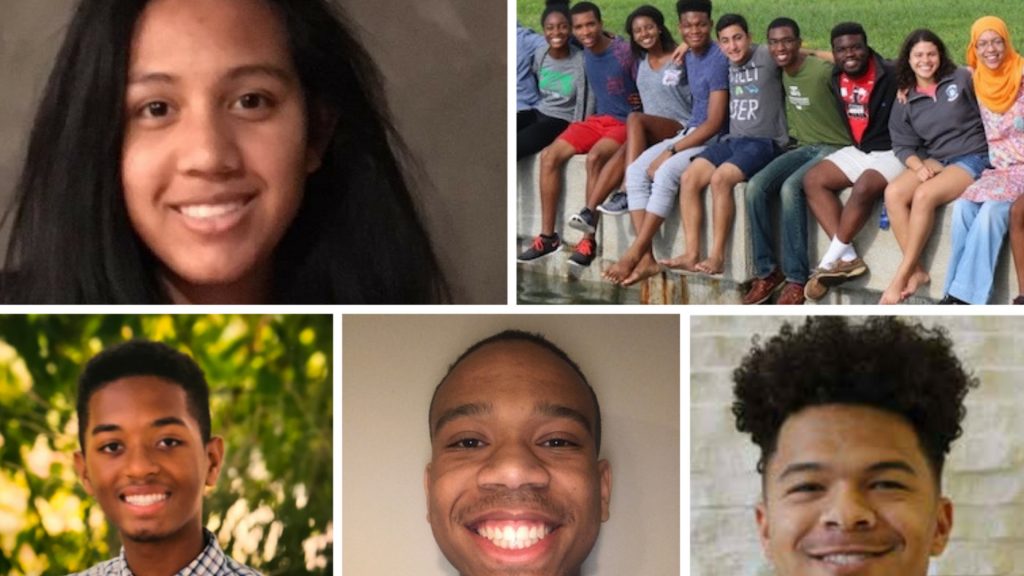
“It is very much disheartening to hear that this program that opened the door for me to come to Duke is now being closed essentially, even though it will take on a new form,” she shared.
Reaction From Current Duke Students
Current students at Duke have expressed mixed feelings regarding the university’s decision to terminate the Reginaldo Howard Memorial Scholarship Program.
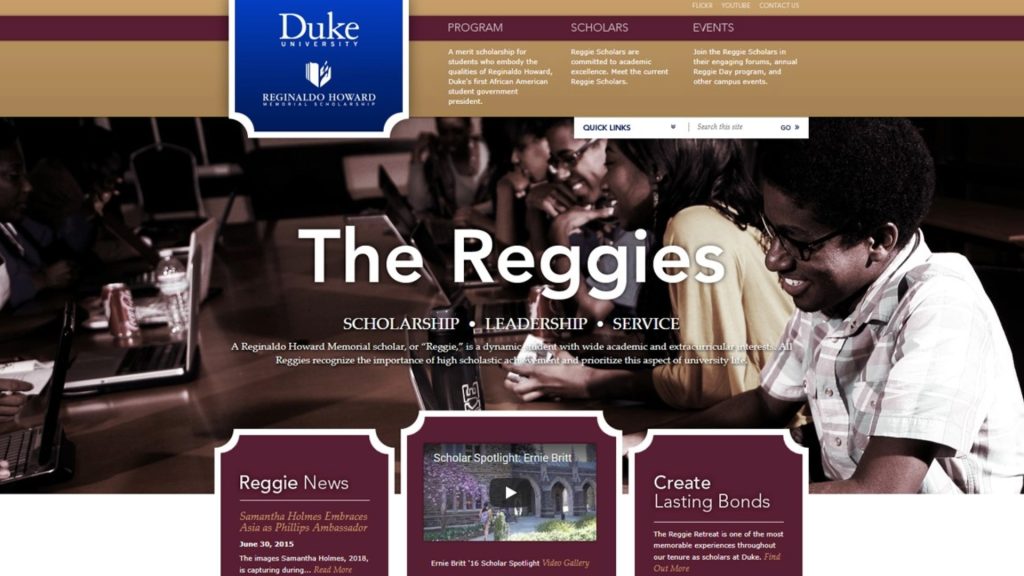
Sophomore Hanna Gedion, also a Reggie Scholar, says students felt out of the loop during this process. “We were just kind of told what was happening as it was happening,” Gedion explains. “To be honest with you, we felt very powerless.”
New Leadership Program Replaces Scholarship
Duke University has discontinued its Reginaldo Howard Memorial Scholarship Program following the Supreme Court’s ruling against affirmative action.
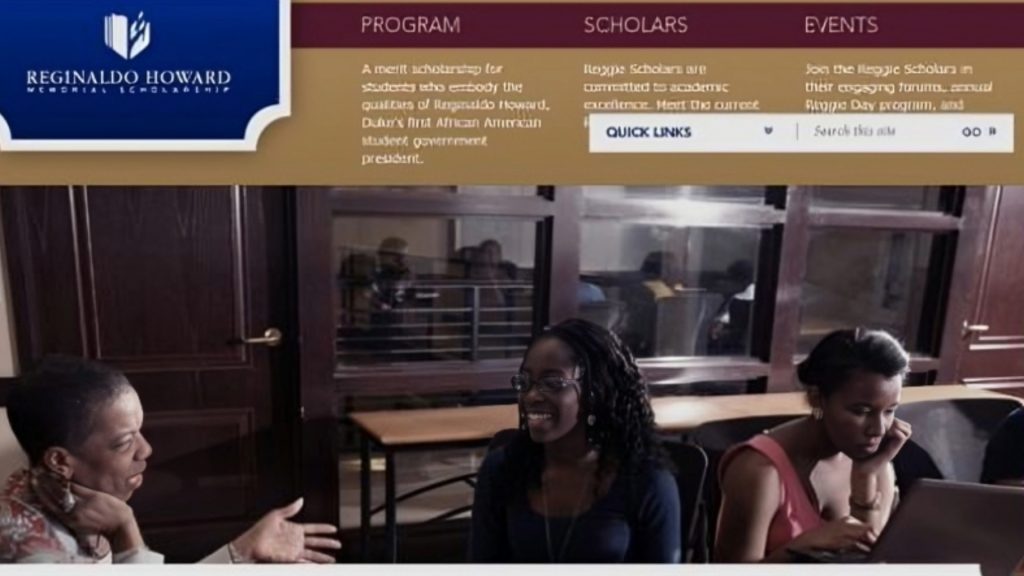
Although the original program will cease, Duke aims to honor Howard’s memory through the new Reginaldo Howard Leadership Program.
New Leadership Program Opportunities
According to Candis Watts Smith, Duke’s vice provost for undergraduate education, the new program “will honor Reggie Howard’s legacy by supporting Black academic excellence, intellectual community, and leadership on campus through an intentionally designed series of engagement opportunities.”
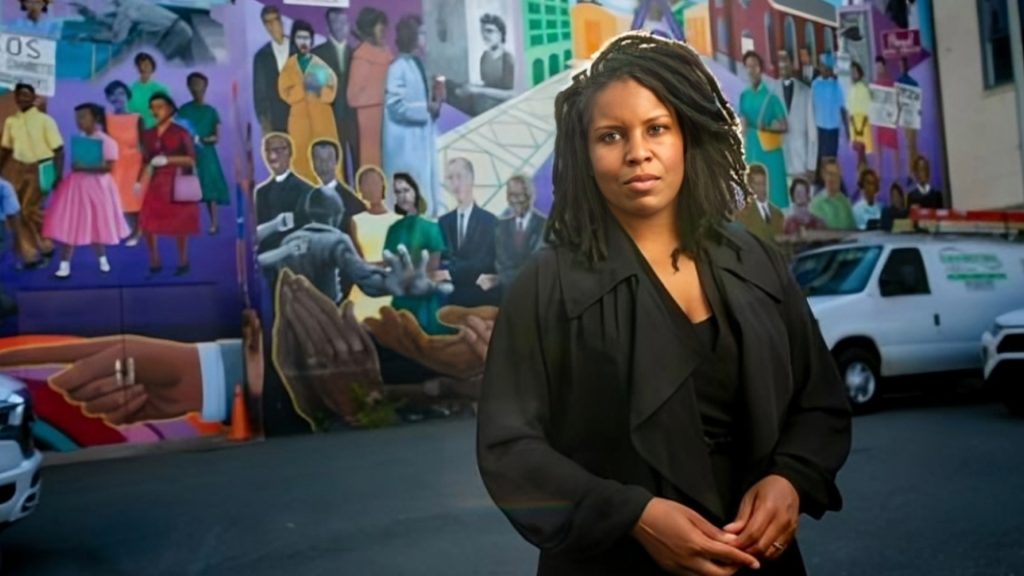
Rather than providing financial support, the program will offer mentorship and community building opportunities.
Part of a National Trend
The Supreme Court ruling against affirmative action in college admissions has led many schools to re-evaluate and alter existing diversity and inclusion initiatives.

For underrepresented minority students, these changes often mean losing access to opportunities and resources that have been instrumental in achieving their dreams of a higher education.
Impact on Black Student Enrollment
According to The Chronicle, Duke’s Black students have declined recently. In 2020, Black students made up only 8.2% of the incoming first-year class — a decrease from 10.3% in 2016.

Current students fear that discontinuing the scholarship will only exacerbate the downward trend.
Alternatives to Race-Based Scholarships
Duke University has proposed need-based scholarships and programs focused on leadership and community engagement as an alternative to race-based scholarships.
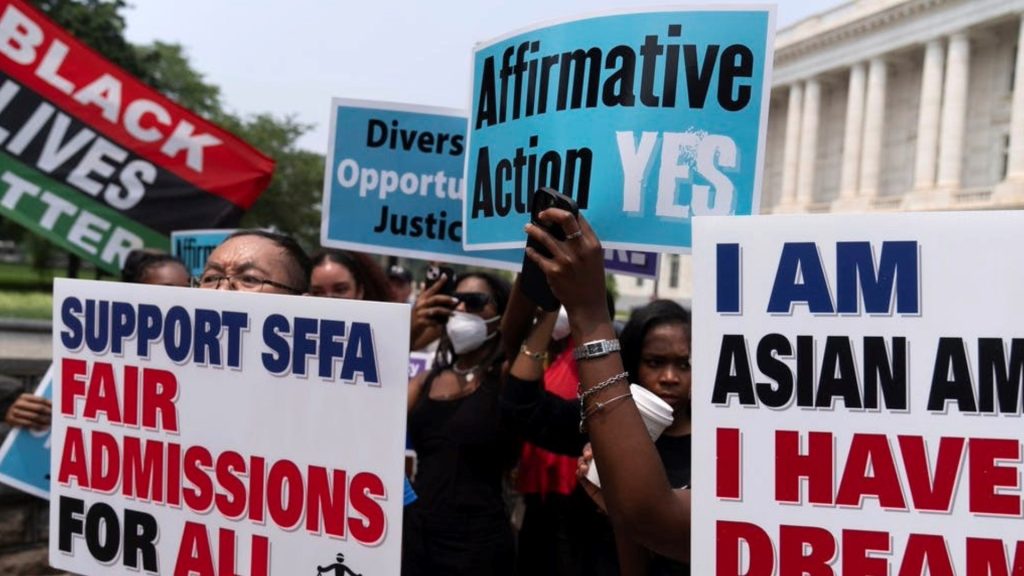
According to The Chronicle, Duke’s student publication, the university will partner with the Mary Lou Williams Center for Black Culture to create the Reginaldo Howard Leadership Program.
Scholarships and Leadership Programs Are Good Alternatives
Need-based scholarships, leadership programs, and community engagement are alternatives to race-based scholarships that can still promote diversity and inclusion.
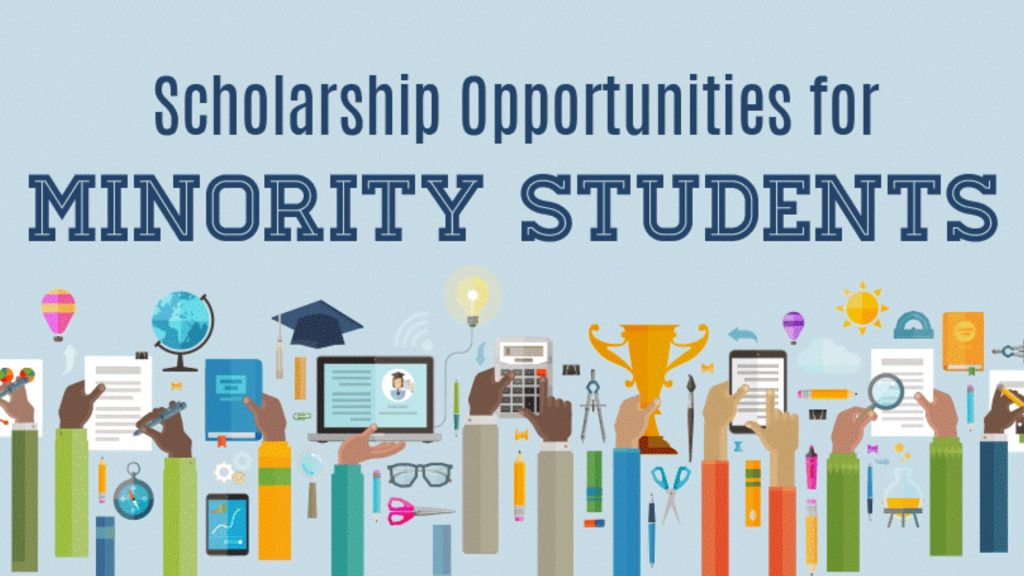
By focusing on students’ financial needs, interests, and leadership potential regardless of race or ethnicity, these programs aim to provide equitable opportunity and support for underserved students.
An Alternative To Carry on Reginaldo’s Legacy
The new leadership program that replaces the previous Talented Students scholarship aims to carry on Reginaldo’s legacy by supporting students who share his passion for empowering underrepresented communities and promoting social change.
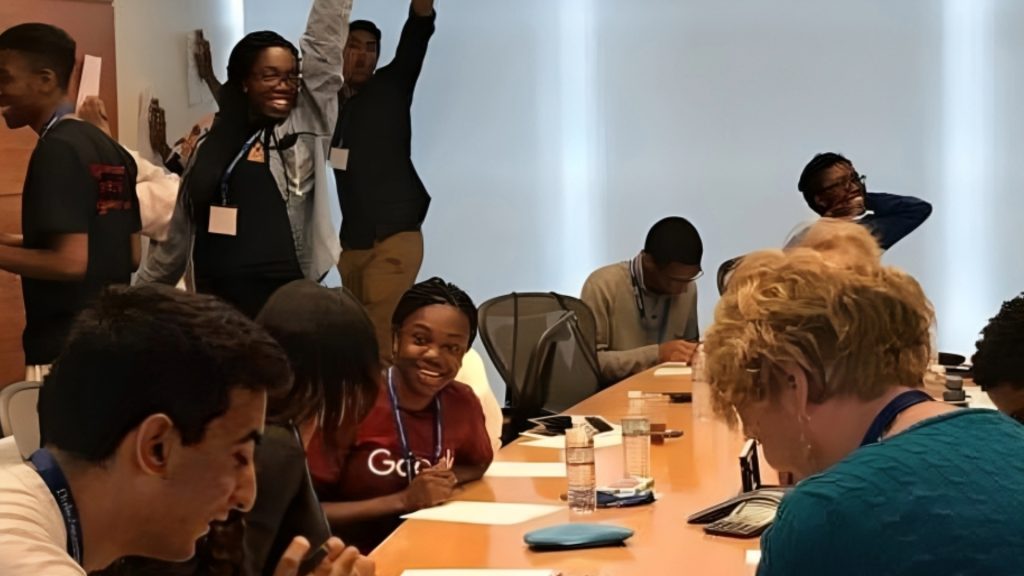
Students selected for the program will receive mentorship, leadership training, and financial aid.
Fostering Competition Amongst Scholars
The Reginaldo Howard Memorial Scholarship Program aims to honor Reginaldo’s memory by nurturing the next generation of student leaders who will work to make Duke a more diverse and inclusive campus.
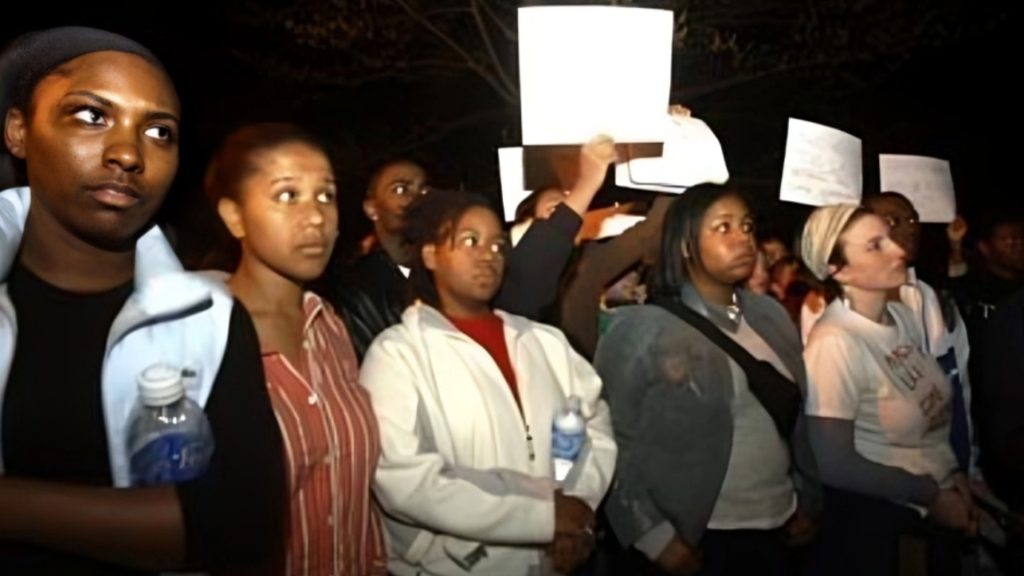
By focusing on leadership potential, community impact and commitment to diversity regardless of race or ethnicity, the program seeks to provide opportunities for underserved students equitably.

